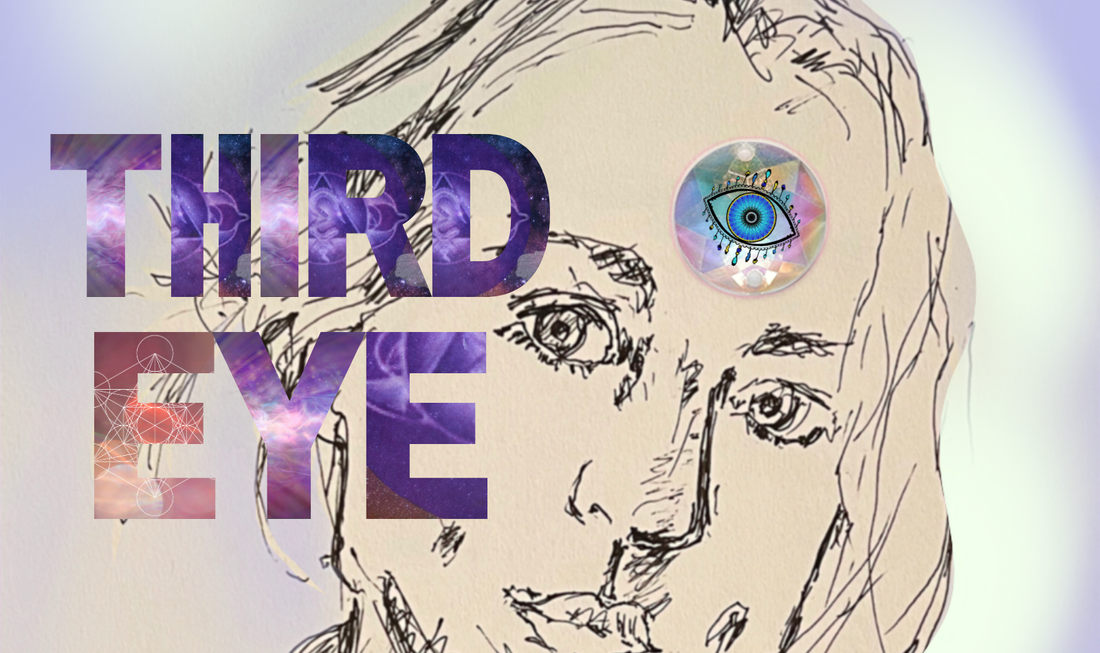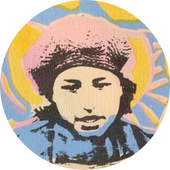
Third Eye Vision
Visva-rupam-darsanam: Seeing the ordinary world as the very body of the Lord. This is a manner of seeing. It’s not what you see, but how you see. Rather than an extraordinary vision, it’s an extraordinary attitude towards the ordinary things of the creation.
And you require an invisible eye.
Only when the physical eye and the invisible eye, third-eye, or refined mind are joined together is Isvara-darsanam possible. Then, blessed with the divya-caksu, or metaphorical third eye, which just means an appropriate mind by which a person can appreciate the whole cosmos as the body of the Lord itself, she will say, ‘there’s nothing undivine to me.’ This is wisdom-based appreciation. Wisdom-based sight vs. the private-colored vision of ego conditioning, ie personal likes and dislikes.
Wherever the ego is subdued or reduced this visva-rupam-darsanam is available. When we miss the wonder of the vision, it’s due to impurities obstructing like a cataract, which is none other than ego, my own private projection denying me the visva-rupam-darsanam.
Divya-caksu is caused by an inner attitude born of understanding which causes a totally different perspective. After that attitudinal change, I should see the divinity in the five elements themselves.
Gita 11.8 However, you cannot see Me with this ordinary eye of yours. I shall give you a divine eye. See My divine power.

If you enjoyed this article you might also like, 'Discover the Meaning of OM.'
